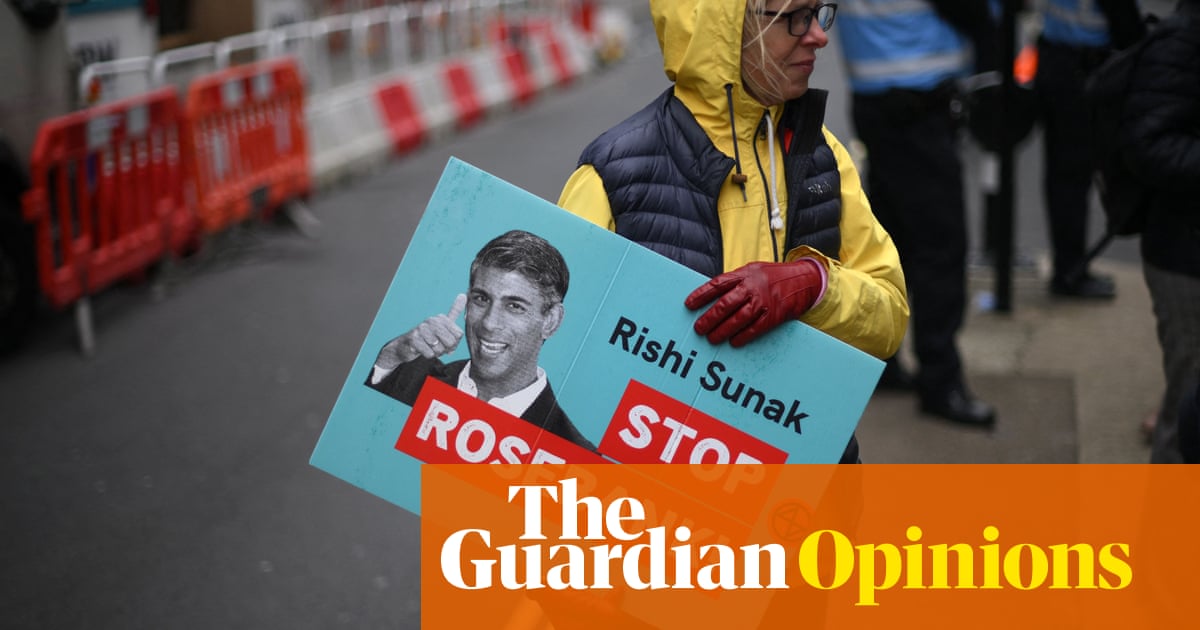
It seems like the first municipal elections in Tunisia since the revolution will hold some changes the people have never seen in previous campaigns.
The participating parties are undergoing a real test on Sunday to prove their local power by trying to win municipal seats. For Ennahda (Renaissance) Party — or what many believe to be the Tunisian pavilion of the Muslim Brotherhood — the electoral campaign has shown some radical changes in its choices, especially as it had already declared its decision to separate its religious and political work, and to respect the civil state.
Thus, Ennahda’s nominations of a number of unveiled and religiously uncommitted women, as well as a Jewish candidate, seem like a paradox considering the party’s ideological nature and the convictions of a large segment of its supporters.
The paradox in these elections is that veiled women are at the top of the electoral lists of the secular and modernist Nidaa Tounes party, run by Beji Caid Essebsi, while unveiled women are running on many lists of the Islamist Ennahda.
Could that switching of roles be a healthy phenomenon for both parties in the context of the societal diversity witnessed in Tunisia since the revolution, or merely a tactic for propaganda that envisages electoral pragmatism until coming to power?
In addition to Ennahda’s attempt to attract the votes of Jewish candidates (even if they are relatively few), there is a race in Tunisia today over the votes of women. The votes of Tunisian women played a key role in the 2014 presidential elections, settling the battle in favor of Essebsi at the expense of his rival, Moncef Marzouki.
Women voters represented 60 percent (about one million) of the total number of people who voted for Essebsi. Is it possible that Ennahda is sacrificing historical ideologies, practices and convictions just to attract women voters?
The leaders of the party refuse to admit this and consider their policy of nominating these candidates as demonstrative of their openness to the different segments of Tunisian society.
However, regardless of the real reasons that led the Tunisian Muslim Brotherhood party to adopt decisions that are incompatible with its history, what is currently happening reflects the political reality in Tunisia. This country lives under the umbrella of “consensus policy” between the Nidaa Tounes and Ennahda parties.
Nidaa Tounes lost a big part of its electoral base after the 2014 elections, when it focused on defending women’s rights while rival leaderships adopted conservative ideas. It is no secret that, in Tunisia, despite the civil and secular state, the religious and conservative atmosphere is still polarizing and spreading.
It is no coincidence that Tunisia was a key recruiting ground for Daesh, much of which took place during the period when Ennahda was in power. Today, Ennahda seems to be trying to dissociate itself from the Muslim Brotherhood — which is associated with extremist ideology — by adopting the choice to separate political and religious work and seeking to attract a number of unveiled women with different and modern outlooks.
This change in the movement’s ideology and way of seeing women, although an attempt to attract the votes of a new segment of society, will result in a clash with its supporters and much of its leadership, especially those who were arrested and fought for the establishment of Daesh.
Is Ennahda really no longer an Islamist party, or is it all just a political enticement to seduce voters before reverting to its previous position after the elections? We will not get an answer until after the vote, of course.
• Diana Moukalled is a veteran journalist with extensive experience in both traditional and new media. She is also a columnist and freelance documentary producer.
Twitter: @dianamoukalled
Disclaimer: Views expressed by writers in this section are their own and do not necessarily reflect Arab News" point-of-view












